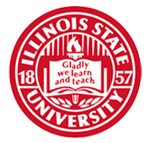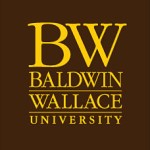Abstract
The Flipped Classroom Model (FCM) is an andragogical approach where students complete content-related work outside of the class and engage in activities related to this content during the class period. This approach has garnered recent attention in the field of speech-language pathology, but its implementation has not been studied in an augmentative and alternative communication (AAC) course and there is limited information on student perspectives of the experience. This study presents the results of a qualitative investigation designed to investigate the preferences and experiences of preservice speech-language pathology graduate students in an AAC course utilizing the FCM. Semi-structured interviews with eight students were transcribed and analyzed utilizing a phenomenological framework. The themes that emerged from the data included course design, course delivery, instructor characteristics, student preferences, student characteristics, online versus in-person learning, and career relevance. Recommendations for implementing the FCM in teaching AAC are discussed in light of the results presented.
Recommended Citation
Sanders, E. J.,
Keegan, L. C.,
Culshaw, M.,
&
Tomes, C.
(2022).
The Flipped Classroom Model as Applied to an Augmentative and Alternative Communication Course.
Teaching and Learning in Communication Sciences & Disorders, 6(1).
DOI: https://doi.org/10.30707/TLCSD6.1.1649037808.641379
Included in
Online and Distance Education Commons, Other Education Commons, Speech Pathology and Audiology Commons




